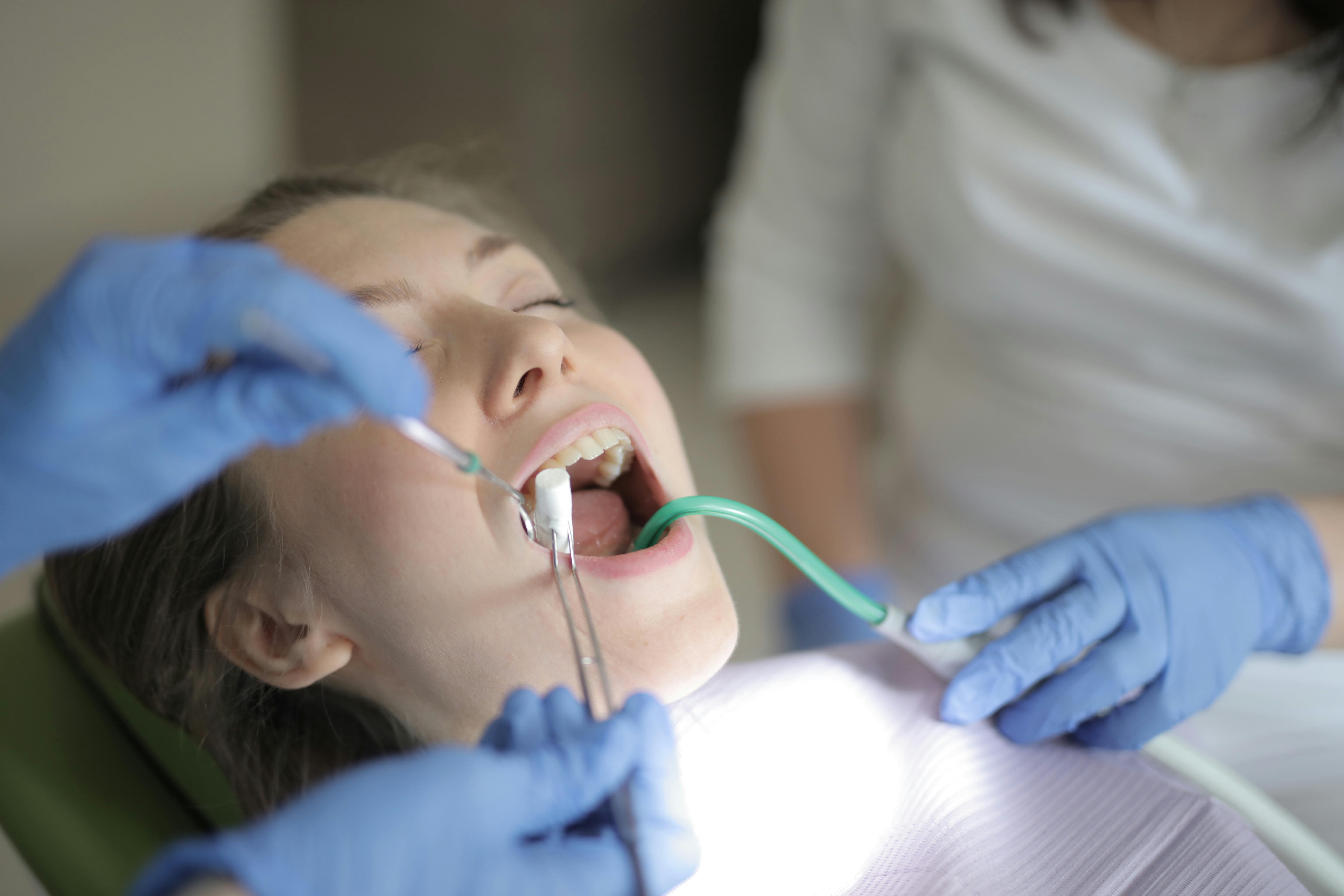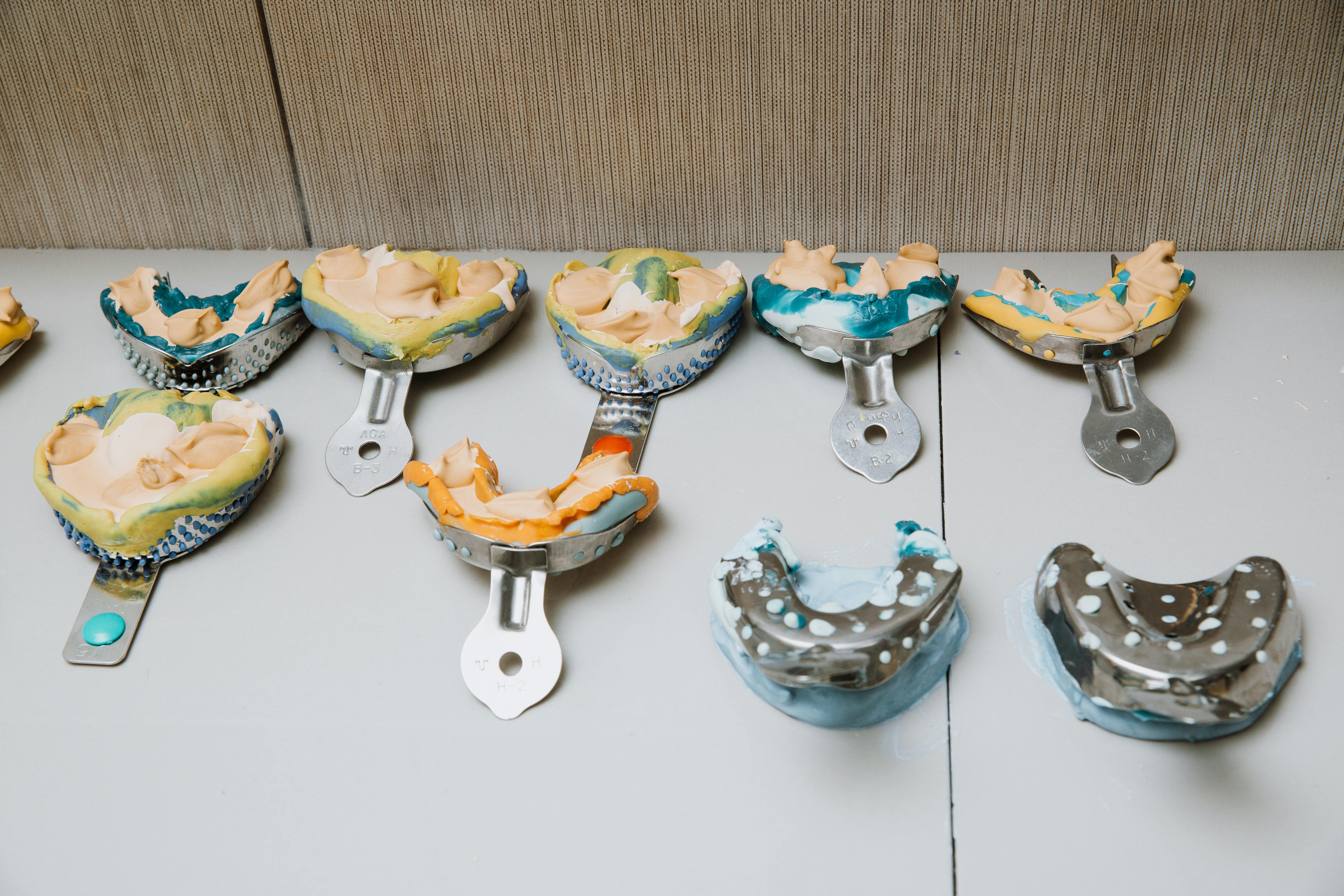Foods to Eat After Wisdom Teeth Removal
Wisdom teeth removal is a common procedure for many people. It can be uncomfortable and time consuming to recover from the procedure. Eating the right foods after getting your wisdom teeth pulled can help speed up your recovery and reduce any pain or discomfort you may feel. Soft, nutrient-rich foods are best for a speedy recovery. Here are some of the best foods to eat after wisdom teeth removal:
Yogurt: Yogurt is packed with protein and calcium, two essential nutrients for healing. It’s also easy to digest, making it a great option for post-surgery snacking. Choose plain yogurt and add some fresh fruit or honey for extra flavor and nutrition.
Smoothies: Smoothies are a great way to get lots of nutrients in one glass. You can make smoothies with yogurt, fruits, and even vegetables like spinach or kale for added vitamins and minerals that will help with healing.
Soups: Soups are full of vitamins, minerals, and protein that will help your body heal quickly. Choose broths that are low in sodium so you don’t get dehydrated after surgery. Chicken noodle soup is a classic choice but there are plenty of other options too like miso soup or vegetable soups with beans or lentils.
Pudding: Pudding is another good option for post-surgery snacking because it doesn’t require any chewing and it’s full of calcium for healing bones and teeth. Choose pudding made with milk instead of cream for extra protein and calcium benefits without the added fat content.
Mashed Potatoes: Mashed potatoes are soft enough to eat without having to chew too much but still provide important nutrients like potassium that will help your body heal faster from surgery. Make sure you use unsalted butter or olive oil instead of regular butter so you don’t get dehydrated from sodium intake after surgery.
Soft Fruits & Vegetables: Soft fruits like bananas, applesauce, peaches, pears, melons, and mangoes provide important vitamins and minerals that will aid in healing after wisdom teeth removal surgery. Soft cooked vegetables like squash, carrots, potatoes, sweet potatoes, and cauliflower also provide important nutrients without having to do any chewing which is ideal post-surgery when your mouth is still tender from the procedure.
Eating the right foods after getting your wisdom teeth removed can help speed up your recovery process and reduce any pain or discomfort you may feel during this time. Soft nutrient-rich foods are best for a speedy recovery so make sure you choose wisely when snacking post-surgery!
What to Avoid After Wisdom Teeth Removal
After wisdom teeth removal, it is important to take some precautions and avoid certain activities in order to promote healing and reduce the risk of infection. Here are some of the things you should avoid after wisdom teeth removal:
Smoking: Smoking can slow down the healing process and increase the risk of infection. Additionally, smoking can cause dry socket, which is a serious complication that can occur after wisdom teeth removal.
Drinking Through a Straw: Drinking through a straw can cause suction in your mouth, which can lead to complications such as dry socket. It is best to avoid drinking through a straw for at least one week after surgery.
Spicy or Acidic Foods: Spicy and acidic foods should be avoided after wisdom teeth removal as they can irritate the surgical area. It is best to stick to soft foods that will not irritate your mouth.
Strenuous Exercise: Strenuous exercise or activities that involve physical exertion should be avoided for at least one week after surgery as it can cause increased bleeding and swelling.
Alcohol Consumption: Alcohol consumption should be avoided for at least 24 hours after surgery as it can interfere with pain medications and slow down the healing process.
Home Remedies to Help Heal Wisdom Teeth Removal
Wisdom teeth removal can be a painful process, but there are several home remedies available to help ease the discomfort and speed up the healing process. Some of the most common remedies include applying cold compresses to reduce swelling, using saltwater mouth rinses to reduce inflammation and prevent infection, and taking over-the-counter pain relief medications. Additionally, it is important to follow your dentist’s instructions for proper aftercare following wisdom teeth removal. This may include changing your gauze pads as needed, avoiding drinking through a straw for several days, and eating soft foods such as applesauce or yogurt until your mouth has fully healed.
It is also important to keep your mouth clean during the healing process. Gently brush your teeth twice a day with a soft-bristled toothbrush and use an antiseptic oral rinse two or three times per day. Additionally, you should avoid smoking or using any tobacco products during recovery time as this can delay healing.
For additional relief from pain or swelling, you can try other home remedies such as applying an ice pack or a warm compress over the affected area for 10 minutes at a time every few hours. You can also mix one teaspoon of salt into eight ounces of warm water and use it as a gentle rinse after meals and before bedtime in order to reduce inflammation and help prevent infection. Finally, you can take ibuprofen or acetaminophen according to package directions in order to reduce pain and discomfort following wisdom teeth removal.
By following these home remedies along with your dentist’s advice for proper aftercare, you can help speed up the healing process following wisdom teeth removal while reducing any pain or discomfort associated with it.

Pain Relief for Wisdom Teeth Removal
Wisdom teeth removal is a common dental procedure that can cause pain and discomfort during the recovery process. Fortunately, there are several pain relief options available for those who have recently undergone wisdom teeth removal. Over-the-counter pain medications such as ibuprofen or acetaminophen can be used to help reduce inflammation and ease any discomfort. Prescription medications may also be prescribed by your dentist or doctor depending on the severity of your pain. Additionally, ice packs and cold compresses can be used to reduce swelling and provide temporary relief from pain. In some cases, a numbing gel may also be applied directly to the affected area for additional relief. It is important to follow all instructions provided by your dentist or doctor when taking any type of medication or applying topical treatments.
If the pain does not subside with the use of over-the-counter medications or topical treatments, it is important to follow up with your dentist or doctor for further evaluation. They may recommend a stronger medication or suggest other therapies that can help provide relief from the discomfort associated with wisdom teeth removal. In rare cases, surgery may be necessary if the wisdom teeth have impacted other teeth in the mouth or are causing severe pain and infection. Regardless of which treatment option is chosen, it is important to take care of yourself during recovery and get plenty of rest in order to ensure a successful outcome from wisdom teeth removal surgery.
Tips for Taking Care of Wisdom Teeth Extraction Site
After wisdom teeth removal, it is important to take extra care of the extraction site to ensure that healing occurs properly. Here are some tips to help you take care of your extraction site:
• Keep the area clean: Make sure that the area around the extraction site is kept clean. Gently rinse the area with warm salt water several times per day to keep it free of bacteria and food particles.
• Avoid touching or poking at the extraction site: It is important that you do not touch or poke at the extraction site as this can cause irritation and delay healing. Make sure that you avoid putting pressure on the area as well.
• Use an ice pack: Applying an ice pack to the outside of your mouth can help reduce swelling and discomfort. Make sure to wrap the ice pack in a cloth before applying it to your skin.
• Take medications as prescribed: If your dentist has prescribed antibiotics or other medications, make sure to take them as directed. This will help prevent infection and promote healing.
• Avoid smoking: Smoking can slow down the healing process by reducing blood flow to the extraction site. Avoid smoking for at least 24 hours after wisdom teeth removal.
By following these tips, you can ensure proper healing after wisdom teeth removal and minimize any discomfort or complications. If you have any questions or concerns about your recovery, be sure to contact your dentist for further advice.
What to Expect After Wisdom Teeth Removal
After wisdom teeth removal, it is normal to experience some pain and swelling. To help with discomfort, your dentist may prescribe pain medications or recommend over-the-counter remedies. You may also want to apply cold compresses to reduce swelling and take anti-inflammatory medications such as ibuprofen or naproxen. It is important to follow your dentist’s instructions for post-operative care, such as eating soft foods, avoiding strenuous activity, and rinsing with an antiseptic mouthwash.
Your dentist may also give you a gauze pad to place over the affected area. This will help reduce bleeding and encourage clotting of the wound. You should avoid smoking, drinking through a straw, or spitting as this can disrupt the clotting process and cause additional bleeding.
You may also experience some numbness in your face, lips, or tongue after surgery. This is caused by the local anesthetic used during the procedure and should clear up within a few hours. If you experience any tingling sensations or numbness that lasts for more than 24 hours, contact your dentist right away for further evaluation.
It is also important to watch for signs of infection after wisdom teeth removal. Common symptoms of infection include fever, severe pain in the affected area, swelling that doesn’t go away after several days, foul odor coming from the mouth area, and drainage from the wound site. If you notice any of these symptoms following wisdom teeth removal surgery, contact your dentist immediately.
In most cases, recovery from wisdom teeth removal is relatively easy and can be completed at home with proper care. However, it is important to follow your dentist’s instructions regarding post-operative care in order to ensure a successful recovery process.

Conclusion
Healing from wisdom teeth removal can be a challenging process. However, by following the tips mentioned above, you will be able to reduce inflammation and discomfort, as well as speed up the healing process. The most important thing to do is to take proper care of your mouth after surgery. This includes avoiding hard foods, using an antimicrobial rinse, and avoiding smoking and drinking alcohol. Additionally, you should follow the instructions given by your dentist and take pain medication as needed. With the right care and attention, you can quickly recover from wisdom teeth removal and get back to normal activities.
When it comes to healing from wisdom teeth removal, proper care is key. However, if you find that your symptoms are not improving or if your pain becomes severe, contact your dentist right away. With their help, you will be able to heal quickly and safely from wisdom teeth removal.
